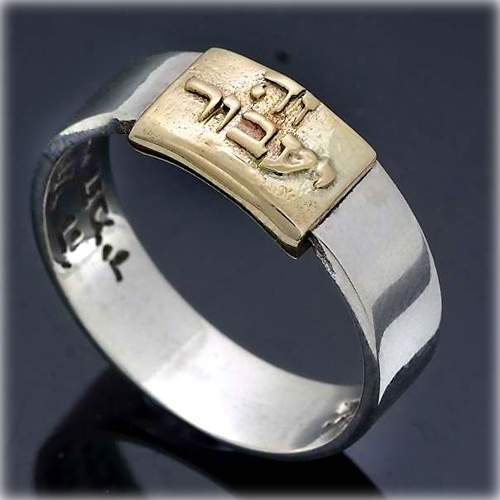I often use the phrase, “This, too, shall pass”, usually with a grin on my face because it puts my problems in perspective and helps me not become too dramatic about my suffering.

Although the exact words this too shall pass are not in the Bible, the verse in 2 Corinthians 4:17-18 talks about troubles being temporary.
“For our light and momentary troubles are achieving for us an eternal glory that far outweighs them all. So we fix our eyes not on what is seen, but on what is unseen,since what is seen is temporary, but what is unseen is eternal.”
Some think this phrase stems from a fable written by Persian Sufi poets. Others credit it to Jewish folklore, saying it originated with King Solomon, even though it is not recorded in the Bible. It is said that the King, feeling blue, asked his advisors to find him a ring he had seen in a dream.
It is said that the King, feeling blue, asked his advisors to find him a ring he had seen in a dream.
“When I feel satisfied I’m afraid that it won’t last. And when I don’t, I am afraid my sorrow will go on forever. Find me the ring that will ease my suffering.”
Eventually, an advisor met an old jeweler who carved into a simple gold band the Hebrew inscription “gam zeh ya’avor” – “this too shall pass.”
One early reference comes from the Old English poem, Deor (c. AD 10th century). In the poem, the ex-minstrel Deor, laments recently losing his position of poet to the king. In his lament, he compares himself to a number of heroes from Anglo-Saxon folklore who experiences some trouble or other, always ending with the saying “Þæs ofereode, þisses swa mæg!”—which means something like “that was overcome, this may also be” or “that passed, so too may this.”
About the Author

Melanie Jean Juneau
Melanie Jean Juneau is a mother of nine children who blogs at joy of nine9. Her writing is humorous and heart-warming; thoughtful and thought-provoking. Part of her call and her witness is to write the truth about children, family, marriage and the sacredness of life. Melanie is the administrator of ACWB, the Editor in Chief at CatholicLane, CatholicStand, Catholic365 , CAPC & author of Echoes of the Divine.


.png?width=1806&height=731&name=CatholicMom_hcfm_logo1_pos_871c_2728c%20(002).png)
Comments